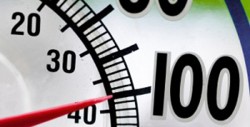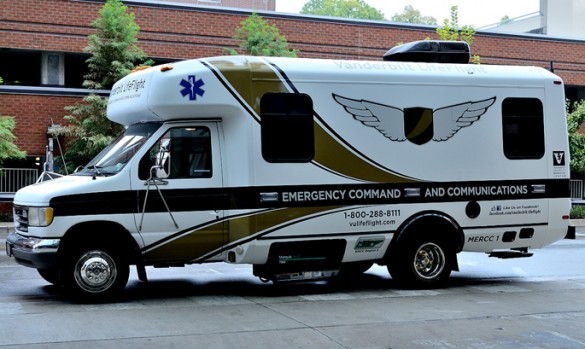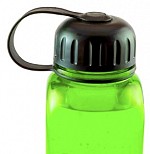After treating hundreds of people for heat exhaustion last year at the CMA Music Festival, Vanderbilt LifeFlight officials are warning visitors to take necessary precautions this week while attending this year’s festival in downtown Nashville, and also urge caution for those attending the Bonnaroo Music and Arts Festival in nearby Manchester, Tenn.

On Thursday, the first official day for the 2015 CMA Music Festival, LifeFlight Event Medicine treated 168 attendees for heat-related illness. Nine people were transported to area hospitals to be treated for various health issues. Due to warmer weather, more people were treated during this year’s first day than during any other year LifeFlight has supported the event.
For the past several years the two hugely popular music festivals have taken place in Middle Tennessee during the same weekend, resulting in hundreds of incidences of heat-related illness each year requiring medical intervention.
LifeFlight is the official EMS and medical provider for the CMA Music Festival, and will have more than 30 EMTs, paramedics, RNs and athletic trainers available each day during the festival to treat and respond to medical emergencies. Cooling stations are available at select locations.
LifeFlight Event Medicine, which has provided emergency medical coverage for the CMA Music Festival for the past eight years, treated more than 500 people during last year’s festival and transported 15 patrons to local hospitals.
“We are urging visitors to take measures to protect themselves against the extreme heat,” said Jared McKinney, M.D., assistant professor of Emergency Medicine at Vanderbilt University Medical Center. “We want them to enjoy Nashville and the CMA Music Fest without suffering from heat-related illness.”
McKinney said emergency responders see hundreds of cases of heat exhaustion each year, which is caused by dehydration and is indicated by headache, dizziness, weakness, nausea and extreme thirst.
“Victims of heat exhaustion should know when to call it quits for the day,” McKinney said. “Pace yourself so you can enjoy all that the festival has to offer. If you are feeling light-headed or dizzy, please ask for assistance to get to the first aid tent or ask for evaluation from one of our medics.”
McKinney, who serves as medical director for LifeFlight Event Medicine, said it is important to get someone who may be suffering from heat exhaustion to a cool place out of direct sunlight, keep them wet with cool water or wet towels, and turn a fan on to help cool the body.
McKinney offered these additional tips to avoid heat exhaustion:
• Avoid intense outdoor activity from 10 a.m. to 2 p.m., the hottest part of the day
• Rest frequently in the shade when outdoors
• Wear light-colored and lightweight clothing
• Cover up – wear a hat, sunglasses and sunscreen of 15 SPF or greater
• Drink water, even if you don’t feel thirsty
• Limit your intake of alcohol and caffeine














